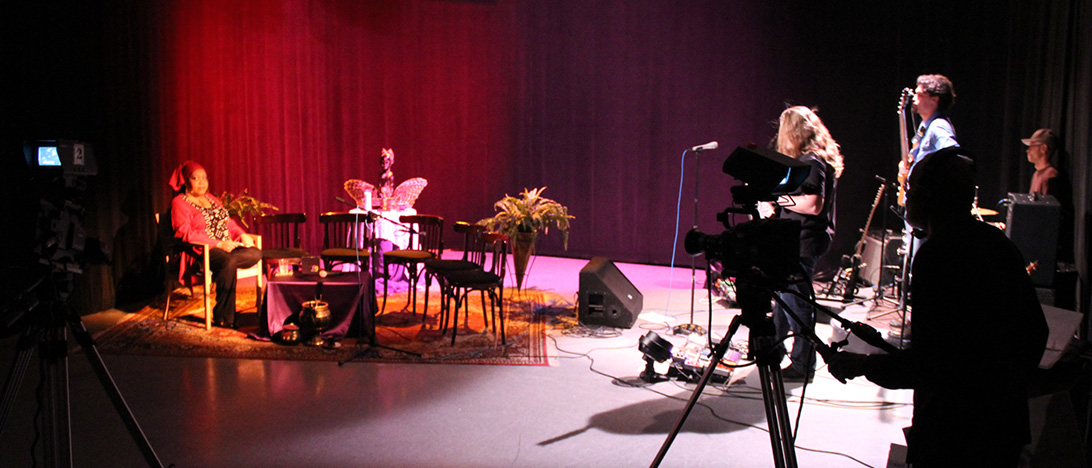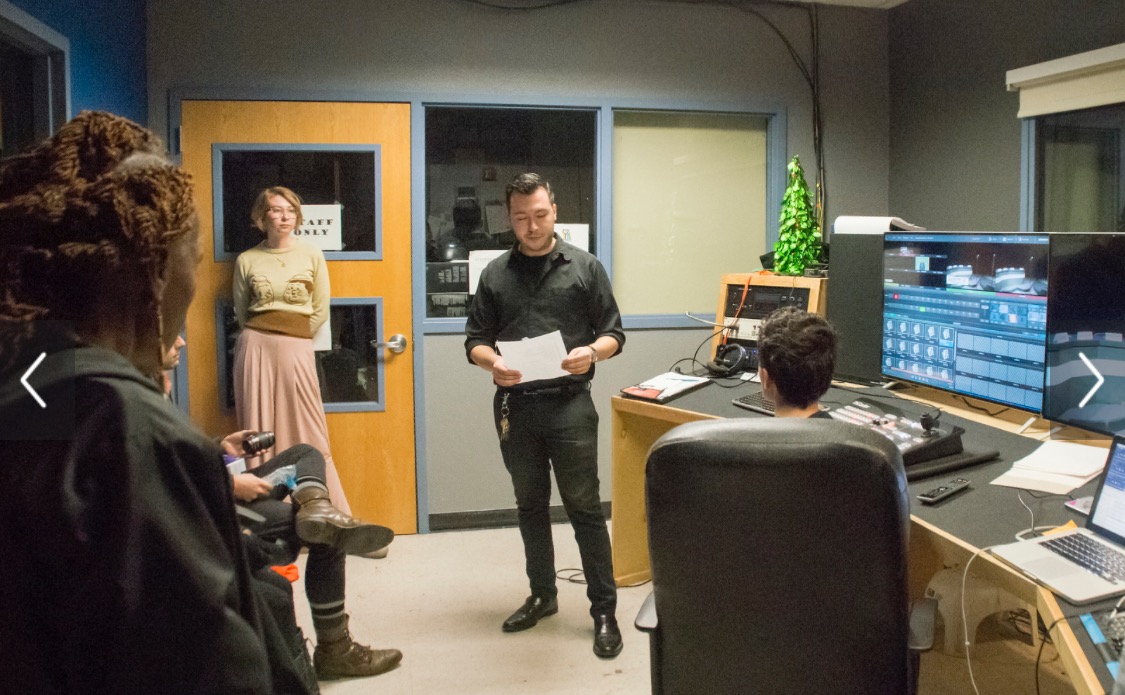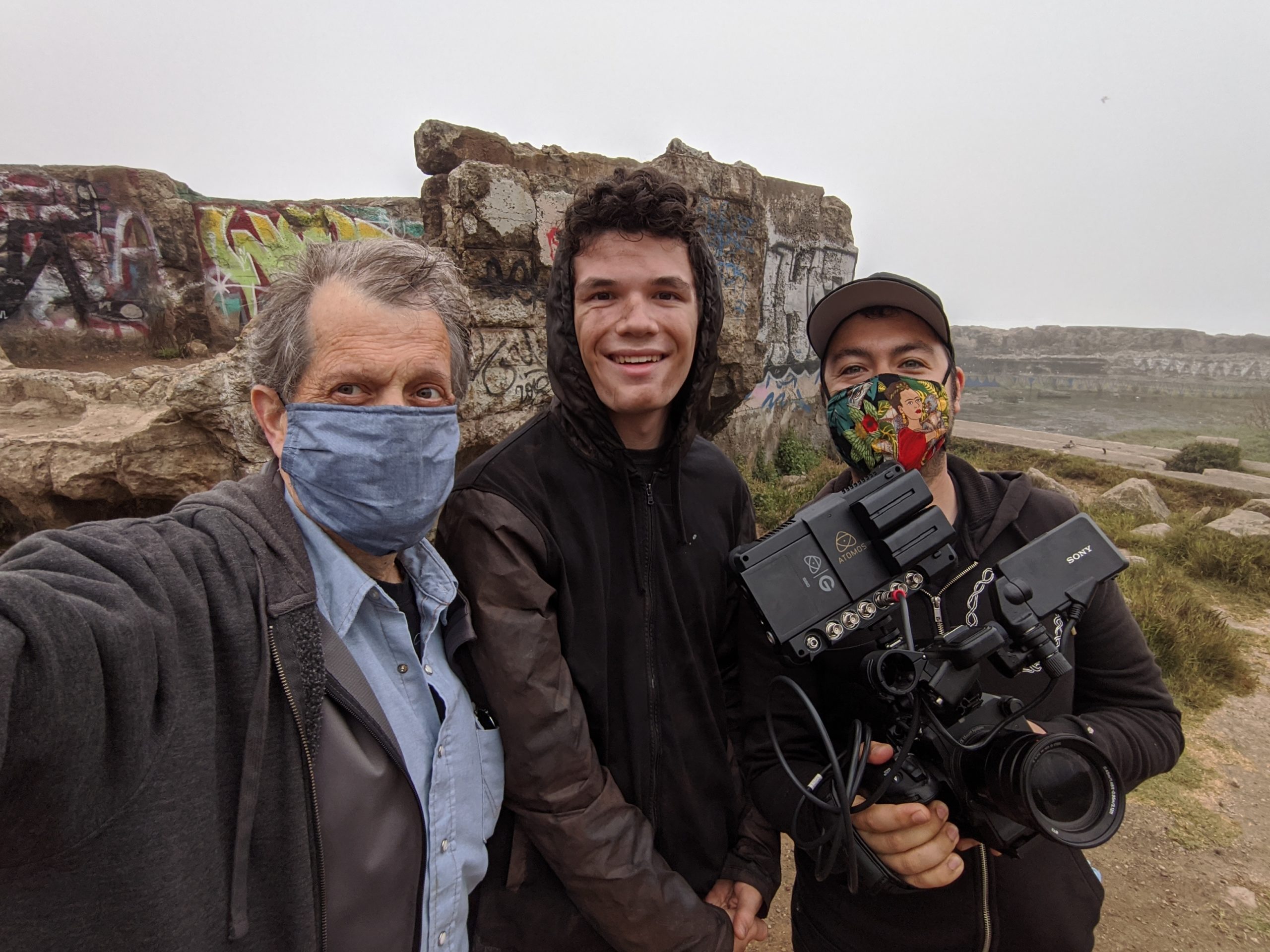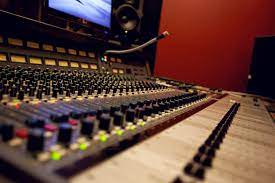About Us

Berkeley Community Media is the premier community access center located in the heart of downtown Berkeley.
As a Public, Education, and Government (P.E.G) access television station and production facility, Berkeley Community Media (BCM) is committed to the consistent and systematic fair, just, and equitable treatment of all individuals. By providing affordable and accessible media services, training, and access to high-quality film production equipment, for filmmakers, amateur television producers and youth from Black, Latinx, Indigenous, and Native American persons, Asian Americans and Pacific Islanders, and other persons of color; members of religious minorities; lesbian, gay, bisexual, transgender, and queer (LGBTQ+) persons; persons with disabilities; persons who live in rural areas; and persons otherwise adversely affected by persistent poverty or inequality, BCM’s mission is and has always been to provide a voice to our most undererved and unrepresented communities.
Since 1994, BCM has produced and aired live and taped coverage of diverse local arts, educational programs, and cultural events, including the World Music Festival, Holocaust Remembrance Day, forums featuring Congresswoman Barbara Lee and Mark DeSaulnier on race relations at the Black Repertory Theatre and Congresswoman Lee and Congresswoman Ayanna Pressley’s forum titled “A Dialogue on Women of Color Running for Office.”
We have a membership of more than 83 diverse producers and supporters. Although a large percentage of past and present members did not provide information on ethnicity (53%) or income level (63%), 29% of those who provided demographics are people of color, and 20% have an income level of $25,000 or less. 53% of our members identify as female. Our bylaws specify that we recruit and support members who reflect our community, including people of color and disabled persons. Our Board of Directors reflects our commitment to diversity, with 27% identifying as Black and Latinx, 45% identifying as female, 18% identifying as persons with disabilities, and 18% identifying as LGBTQ.






